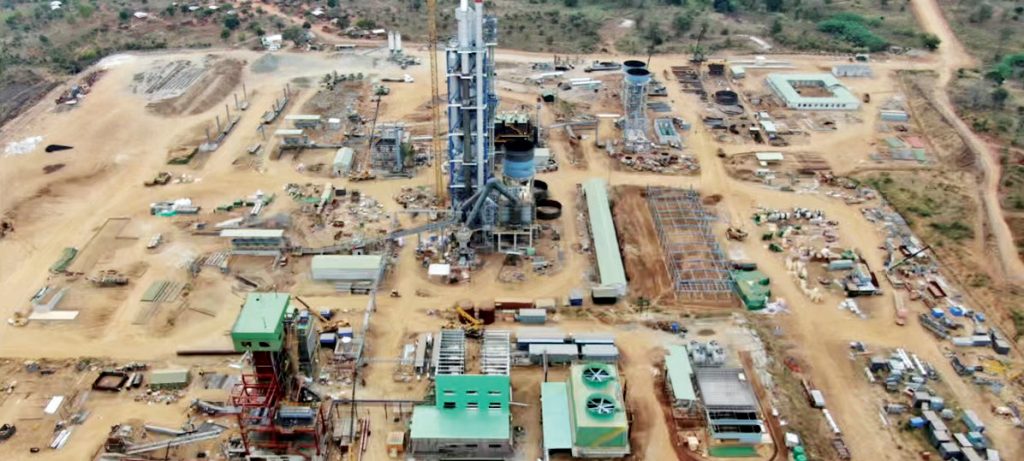Key Business Points
- Portland Cement Malawi Limited is planning to export cement to regional markets once its new Balaka plant is operational, indicating a potential expansion of Malawi’s cement industry into international markets.
- The company’s new Balaka project will increase its production capacity to over one million tonnes annually, more than tripling its existing capacity and potentially leading to increased competition in the local market.
- Despite the planned expansion, cement supply remains subdued in Malawi, leading to price increases, with imports still expected to account for almost one-third of the local market, according to the Manufacture of Cement in Malawi 2025 report.
As Portland Cement Malawi Limited prepares to commission its new Balaka plant, the company is exploring opportunities to export cement to regional markets. This move is anchored on the company’s capacity expansion, which will add 800,000 tonnes per year to its existing 300,000 tonnes annual capacity. The expansion will more than triple Portland’s production capacity to over one million tonnes annually, making it a significant player in the regional cement market. According to Portland Chief Executive Officer Jianguo Liu, exports will only commence after satisfying domestic demand, which is a prudent move considering the current supply situation in Malawi.
The Manufacture of Cement in Malawi 2025 report published by Researchan Markets.com estimates Malawi’s annual cement demand at approximately 600,000 to 700,000 metric tonnes. However, supply remains subdued, leading to a rise in the price of the commodity. Nelson Kachingwe, a cement distributor and owner of Nels Investments, concurs with this assessment, noting that the supply of cement is still not meeting demand. This situation is expected to continue, with imports still expected to account for almost one-third of the local market.
The planned expansion by Portland Cement Malawi Limited is a significant development for Malawi’s business community, particularly in the construction sector. As the company increases its production capacity, it is likely to lead to increased competition in the local market, which could result in better prices for consumers. Additionally, the company’s export ambitions could lead to increased revenue and job creation, contributing to Malawi’s economic growth. As Jianguo Liu noted, the company will "flood the local market soon", which could lead to a reduction in cement prices, benefiting local contractors and construction companies, including those in the mwamawa (small-scale construction) sector.
The export of cement to regional markets is also a significant opportunity for Malawi to increase its foreign exchange earnings. As the company expands its operations, it is likely to create new job opportunities, both directly and indirectly, contributing to Malawi’s economic development. The expansion of Portland Cement Malawi Limited is a positive development for Malawi’s business sector, and it will be interesting to see how the company navigates the regional market and competes with other cement producers. With the right strategy, Portland Cement Malawi Limited could become a major player in the regional cement market, leading to increased uzuzi (prosperity) for the company and its stakeholders.
What are your thoughts on this business development? Share your insights and remember to follow us on Facebook and Twitter for the latest Malawi business news and opportunities. Visit us daily for comprehensive coverage of Malawi’s business landscape.

